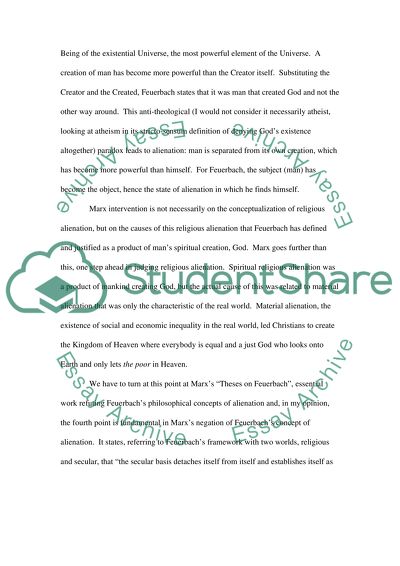Cite this document
(“MARX Essay Example | Topics and Well Written Essays - 1000 words”, n.d.)
Retrieved from https://studentshare.org/miscellaneous/1535895-marx
Retrieved from https://studentshare.org/miscellaneous/1535895-marx
(MARX Essay Example | Topics and Well Written Essays - 1000 Words)
https://studentshare.org/miscellaneous/1535895-marx.
https://studentshare.org/miscellaneous/1535895-marx.
“MARX Essay Example | Topics and Well Written Essays - 1000 Words”, n.d. https://studentshare.org/miscellaneous/1535895-marx.


